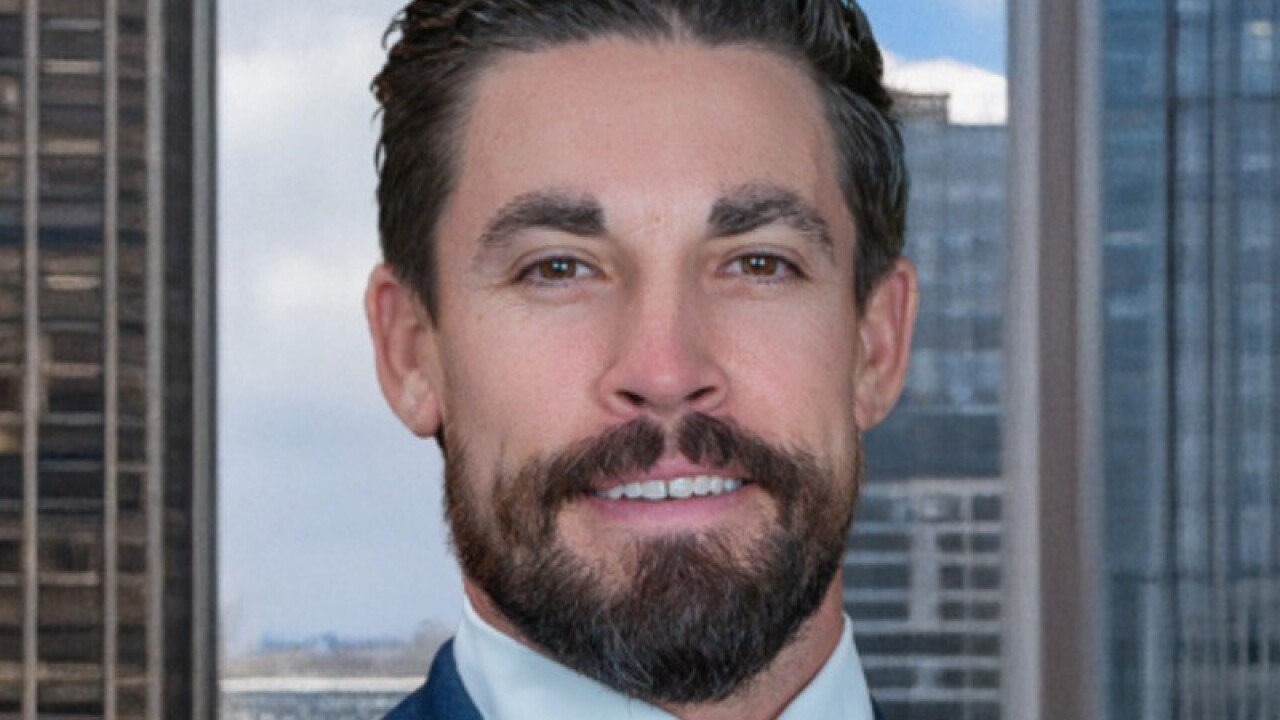Our daily roundup of retirement news your clients may be thinking about.
Clients will maximize the benefits of a health savings account if they treat it as a retirement savings vehicle that supplements their 401(k) plan, writes a certified financial planner on Morningstar. In order to maximize the utility of an HSA, of course, its assets must be used only for paying qualified medical expenses. But even if those assets are used to pay for nonmedical expenses (which incurs taxes and, if you’re younger than 65, penalties as well) can still be ahead of a 401(k) plan or an IRA because any contributions made to an HSA have already escaped payment of the 7.65% FICA tax (assuming that they were made via payroll deductions), according to this article.

While retirement investing is beset with many challenges, the greatest risk that clients face could be themselves, writes an expert on MarketWatch. "Specifically, investors should worry about this: Our brains and our emotions are hard-wired to undermine good investing practices...," writes the expert. "The good news is that we can recognize many of these dangers. The even better news is that there’s an easy way to avoid most (if not all) of these perils."
A report from Fidelity shows that more people are now in a better position to secure their golden years, according to this article on personal finance website Motley Fool. However, about half of Americans still might not be able to cover their living costs in retirement. To catch up on retirement saving, clients should make the most of the opportunities that will allow them to save, and stay committed to building their nest egg.
Clients who want to boost their retirement savings may want to start by reviewing their financial resources, including the income they expect to get from Social Security, pension and retirement accounts, according to this article from Kiplinger. They should then develop a retirement budget that also accounts for discretionary spending, after which they should compare potential income to their projected expenses and liabilities. They are advised to look for ways to free more money to save for retirement if there is a gap between their estimated income and projected expenses and liabilities.





